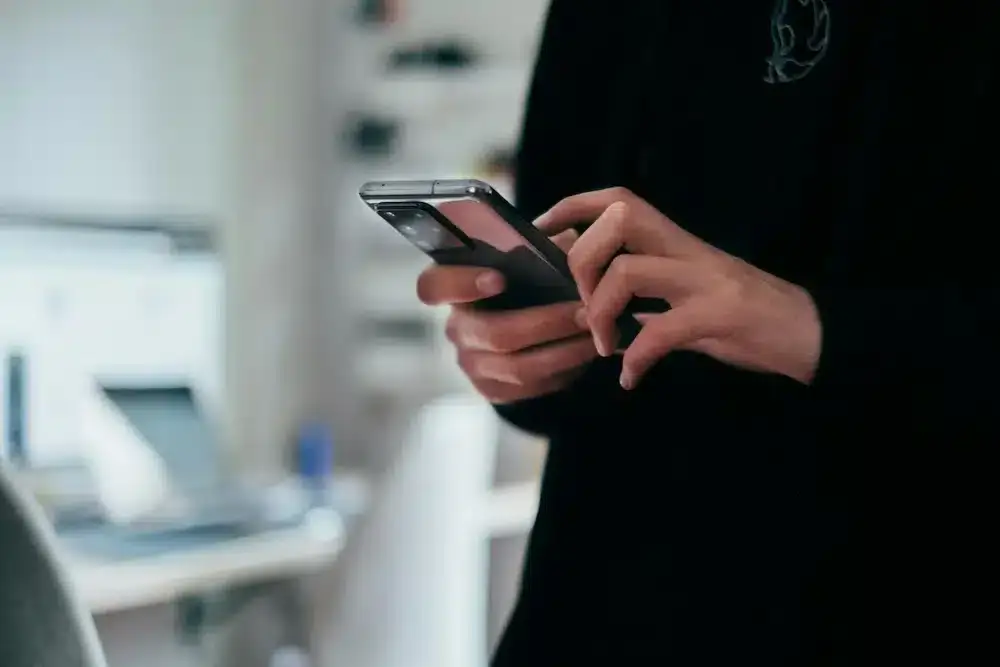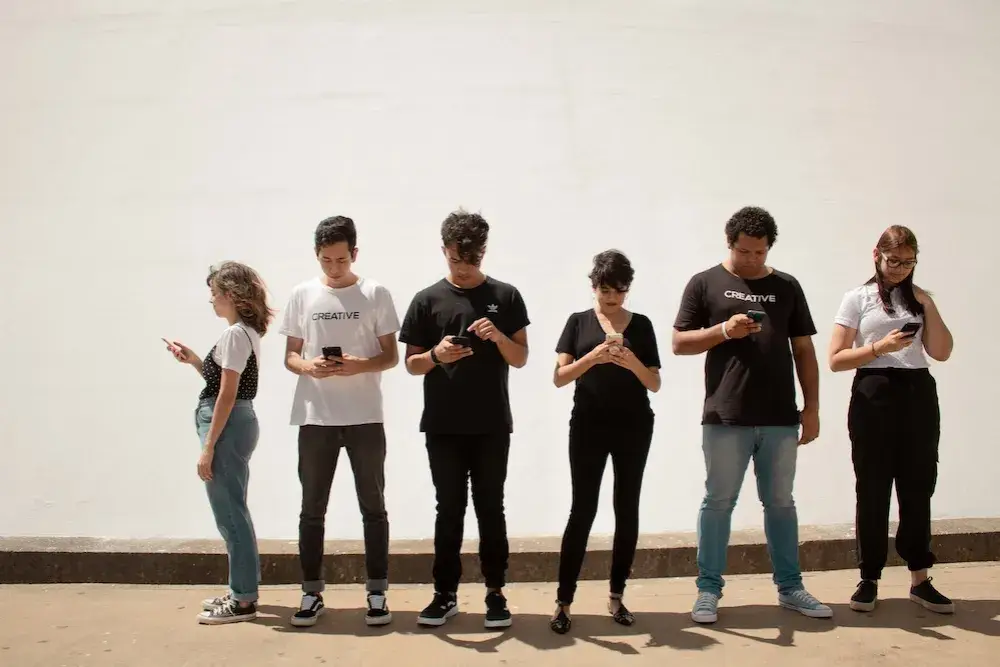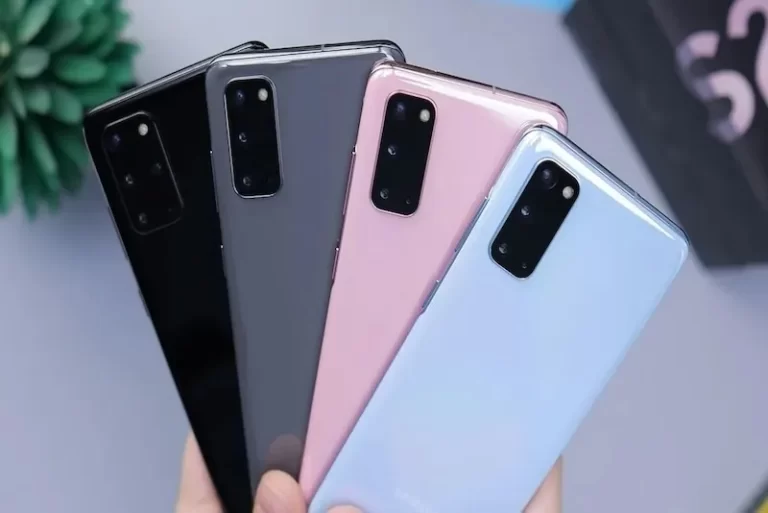Can’t put your mobile phone down?
Here’s What It’s Doing to You


Where is your phone right now? I’m willing to bet it’s within arm’s reach. If it’s not, I imagine you’re already feeling that pang of panic, wondering where it is.
Was your mobile the last thing you looked at before bed and the first thing you reached for this morning? Did you scroll through Instagram, check Facebook, or send a quick message before even getting out of bed?
We’re bombarded with notifications daily—emails, WhatsApp messages, Instagram likes, Twitter updates, and more. It’s overwhelming. In the US, three out of four people own a smartphone, and studies suggest the average person touches their phone over 2,600 times a day. That’s staggering, isn’t it?
As someone who has studied the impact of mobile phones through teaching and observation, I’ve noticed something troubling. Take tourists visiting Cambodia, for example. Many seem more engrossed in their phones than the stunning scenery around them. It begs the question: why travel to a beautiful country only to stare at a screen? Why not stay home and save the airfare?
When you’re glued to your phone, you’re not truly experiencing the world. You’re missing out on the beauty of nature, the richness of culture, and the joy of human connection. So, I ask you: have you ever stopped to think about what constant phone use is doing to you?
1 – Smartphones Are Making You Less Smart


Every time your phone buzzes or pings, it demands your attention. Even if you don’t check the notification, your brain is already distracted. Research shows that hearing your phone ring activates the same part of your brain as hearing your name.
In my years of teaching, I’ve noticed a clear pattern: students who keep their phones nearby during class perform worse and retain less information than those who don’t. A recent study supports this. Participants were asked to place their phones either next to them, in their bag, or in another room while completing tasks. Unsurprisingly, those with their phones in another room performed significantly better.
Even when your phone is silent and out of sight, your brain subconsciously searches for it. This constant distraction creates a “brain drain,” making it harder to focus on anything else. The solution? Keep your phone in another room when you need to concentrate.
2 – The Impact on Young Adults
Young people use their phones differently. For many, texting is their primary form of communication. Unlike adults, who might consider whether a text is the best way to convey a message, younger generations rely on it heavily.
Since 2017, mental health issues among teens and young adults have skyrocketed. One in six young people now experience probable mental illness, up from one in nine in 2017. Children as young as primary school age are reporting lower self-esteem and dissatisfaction with their appearance.
While we can’t definitively blame smartphones for this decline, the evidence is compelling. Face-to-face interactions are linked to happiness, but as our social skills erode, we’re less likely to seek out these connections. This creates a vicious cycle: less interaction leads to less empathy, polarising society and pushing people toward more extreme views.
3 – The Role of Technology

It’s important to note that technology isn’t solely to blame for these shifts. Many factors are reshaping our world, and the pandemic that noone talks about anymore. 🙂 was undoubtedly one of the most significant. However, technology has amplified these changes at a profound level.
As Kostadin Kushlev, a social psychologist at Georgetown University and author of several smartphone studies, explains: “People don’t talk about or realise that we get quite a lot from casual social interactions. Even when phones are at their most useful—like when we’re bored in a waiting room—there might be other things we’re missing out on.”
Research is increasingly linking smartphone use to weakened social skills, such as the inability to read emotions or initiate casual conversations. The more we rely on our devices,the less we practice these essential human abilities.
4. The Effect on Relationships
Smartphones have shifted expectations in relationships. With instant messaging, people expect quick responses, even from the same table. Many complain that their partners don’t fully listen because they’re constantly glancing at their phones.
Next time you’re at a restaurant, look around. How many couples are on their phones instead of talking to each other? Even friends hanging out often seem more immersed in their screens than in each other’s company.
Despite our complaints, we continue to allow phones to dominate our lives. They’ve become more than just tools—they’re central to how we communicate and maintain our social lives.
Takeaway
Finding a balance

This isn’t to say smartphones are all bad. They’re incredibly useful—helping us navigate, stay connected, and even find love. Apps like Tinder broaden our social circles, and who doesn’t love a cute cat video now and then?
The challenge is reaping the benefits of technology without losing what makes us human. It’s about taking control of how you use your phone, not letting it control you.
Here’s what I do: I turn off all notifications. I don’t want my life dictated by others. My phone doesn’t enter the bedroom at night. These small changes help me stay present and focused.
You can do the same. Slow down. Reclaim your life. But remember, the change starts with you.
“To keep the body in good health is a duty… otherwise, we shall not be able to keep our mind strong and clear.”
– Buddha Tweet







